Welcome to another fascinating episode of “Toy Business Unboxed.” Hosted by Jason Hsieh. In this episode, we had an enlightening conversation with Jennifer Griffard, the Chief Operating Officer of Little Medical School. Jennifer’s remarkable journey from the world of medicine to leading an educational franchise is a story of passion, innovation, and commitment. Highlighting how Little Medical School is engaging children and inspiring future healthcare professionals through their unique programs and products.
Jennifer’s Journey and the Birth of Little Medical School
Jennifer Griffard’s journey is as inspiring as it is instructive. Born into a family steeped in the medical profession, with her father and brother being physicians and her sister a nurse, Jennifer was introduced to the world of healthcare early on. Her career began in a hospital setting where she worked for six years, gaining hands-on experience. Intrigued by teaching, Jennifer always sought ways to merge her medical knowledge with education. The turning point came when she joined Little Medical School in 2013, a company founded by Dr. Mary Mason in St. Louis, Missouri.
Dr. Mason launched Little Medical School after a classroom visit where she realized the lack of educational resources to teach children about healthcare careers. Since its inception in 2010, Little Medical School has been bridging this gap, and Jennifer has played a crucial role in its expansion. By 2013, she was already developing a unique curriculum and creating engaging educational toys.
Aha Moment: Creating Engaging Educational Content
ennifer vividly recalls the moment she realized the potential impact of Little Medical School. The “Little Doctor School” program, which includes a class called “What’s in the Doctor’s Bag,” provides children with real working stethoscopes and other medical tools. These tools are not mere replicas; they offer authentic hands-on learning experiences. This approach, she noted, helps alleviate anxiety that children often feel about medical visits by demystifying medical procedures.
Jennifer shared several stories that highlighted the transformative power of their educational content. These stories include children using their newfound knowledge to alleviate their own anxiety about doctor visits or applying first aid skills learned in the program in real-life situations.
The Unique Toy Line
The idea for Little Medical School’s toy line arose from a practical concern—expanding their educational reach to states without franchise presence. Jennifer explained that the toy sets incorporate real medical tools, unlike the typical plastic imitations found in stores. The toys are designed to offer children authentic role-playing experiences that complement their educational programs.
One of their notable products is a stethoscope available in four different colors. They also offer survival tools and kits packed with real medical instruments. These toys aim to replicate the hands-on experience of their classroom programs, allowing children to explore and learn from the comfort of their homes.
Practical Applications in After-School Programs and Camps
Jennifer discussed the expansive range of after-school programs and summer camps offered by Little Medical School. Catering to children aged 4 to 14, these programs cover various aspects of healthcare, from pediatric medicine and veterinary science to marine biology. The camps are immensely popular, often selling out quickly due to their unique offerings and hands-on activities.
These programs provide significant benefits, including reducing children’s anxiety about medical procedures and teaching critical life-saving skills like CPR and first aid. The hands-on, minimal-lecture approach ensures that children remain engaged and enthusiastic about learning.
Role-Playing as an Educational Tool and Child Development
Role-playing, Jennifer emphasized, is integral to making learning fun and memorable. She believes that interactive and engaging activities make education more effective and enjoyable. Little Medical School’s programs are designed to minimize traditional lecturing and maximize hands-on learning, providing children with an immersive educational experience.
This method has proven particularly beneficial for children who might otherwise be anxious or uninterested in conventional educational settings. By role-playing as healthcare professionals, children gain valuable insights and skills that can alleviate their fears about medical visits and procedures.
Franchise Opportunities and Expanding the Reach
Since beginning their franchising efforts in 2015, Little Medical School has extended its reach to numerous states. Jennifer explained that franchisees receive a protected territory and can offer these educational programs in diverse venues such as schools, community centers, libraries, and hospitals. Their model is versatile and doesn’t rely on technology, making it easy to implement in various settings, including outdoor environments.
One of the standout features of their franchise model is its adaptability. Jennifer shared stories of how their programs have been tailored for children in hospitals, including those undergoing long-term treatments. This adaptability allows Little Medical School to provide educational and emotional support to children under challenging circumstances.
Final Advice and Future Direction
In closing, Jennifer offered invaluable advice for those entering the toy industry: be thoughtful and thorough in your research. Understanding the market and creating unique, valuable products are essential for making a significant impact. Her insights are a testament to her experience and dedication to bringing high-quality educational content to children.
Jennifer’s passion for educating children through innovative and fun methods is evident. Little Medical School is not only helping children learn about healthcare but also inspiring the next generation of medical professionals.
Podcasting for the Industry – Toy Business Unboxed
Annie dives into Toy Business Unboxed, the podcast hosted by Jason, which inspired a deeper connection within the toy industry. The podcast serves as a platform for sharing stories, insights, and trends to educate and connect with listeners. Jason explains his motivation to learn from other entrepreneurs and industry professionals, gaining valuable knowledge that can be utilized in his own business ventures. The podcast aims to inspire learning, promote innovation, and foster connections within the industry.
Conclusion
The interview with Jennifer Griffard sheds light on how Little Medical School is making a difference in children’s lives through education and play. Their unique approach and dedication to quality are paving the way for the future of educational programs and toys.
For more information on Little Medical School, visit their website at littlemedicalschool.com. If you’re interested in their franchises, programs, or toy lines, Jennifer Griffard can be contacted directly via the website. Little Medical School is based in St. Louis, Missouri, and continues to expand its reach, making a meaningful impact on children’s education and healthcare awareness.
Jennifer Griffard and her team at Little Medical School are truly dedicated to fostering a love for healthcare in young minds, equipping them with the knowledge and skills they need to face the future confidently.To stay updated with the latest episodes of Toy Business Unboxed and embark on your own journey into the toy business, don’t forget to subscribe and follow the podcast. If you found this episode insightful, please leave a rating and review, and share the podcast with fellow toy enthusiasts. Let’s embrace the world of toys together, staying curious and continuing to innovate.

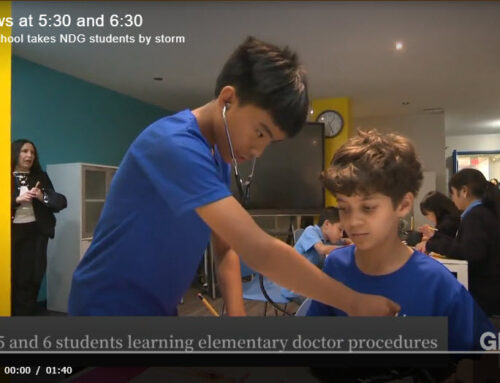
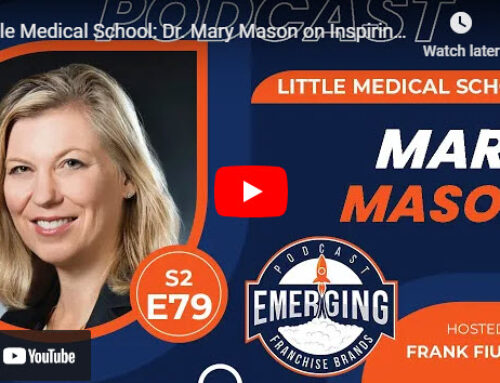
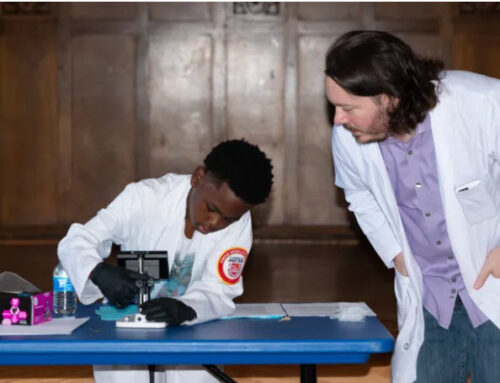
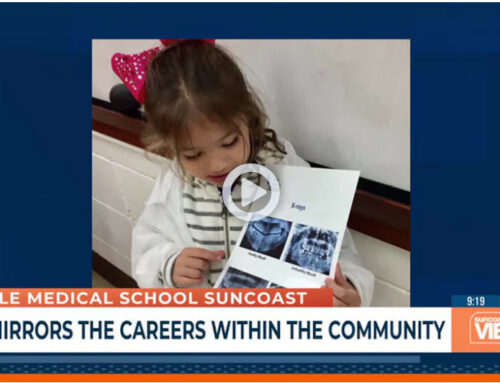
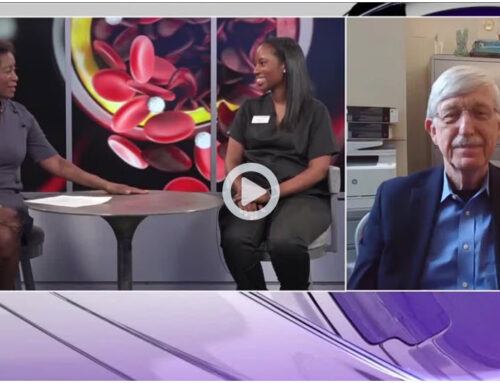
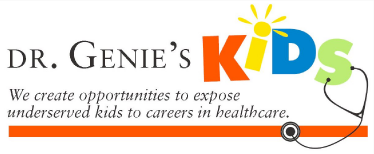
Leave A Comment
You must be logged in to post a comment.